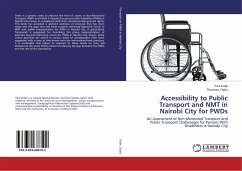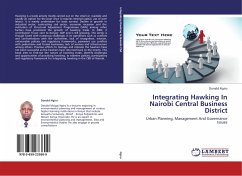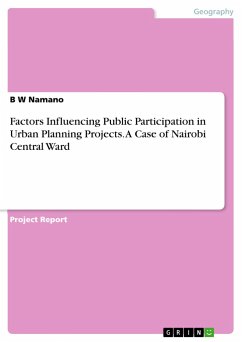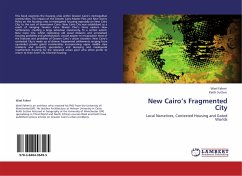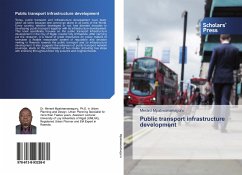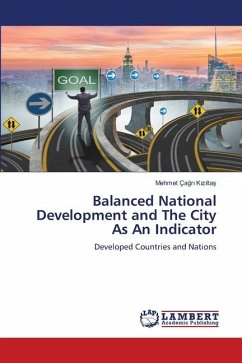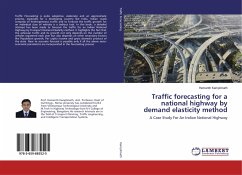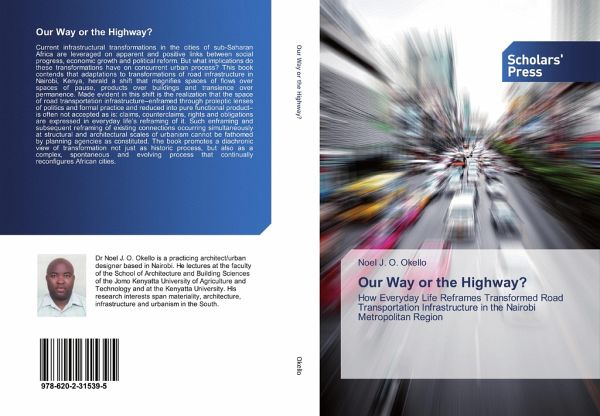
Our Way or the Highway?
How Everyday Life Reframes Transformed Road Transportation Infrastructure in the Nairobi Metropolitan Region
Versandkostenfrei!
Versandfertig in 6-10 Tagen
66,99 €
inkl. MwSt.

PAYBACK Punkte
33 °P sammeln!
Current infrastructural transformations in the cities of sub-Saharan Africa are leveraged on apparent and positive links between social progress, economic growth and political reform. But what implications do these transformations have on concurrent urban process? This book contends that adaptations to transformations of road infrastructure in Nairobi, Kenya, herald a shift that magnifies spaces of flows over spaces of pause, products over buildings and transience over permanence. Made evident in this shift is the realization that the space of road transportation infrastructure-enframed throug...
Current infrastructural transformations in the cities of sub-Saharan Africa are leveraged on apparent and positive links between social progress, economic growth and political reform. But what implications do these transformations have on concurrent urban process? This book contends that adaptations to transformations of road infrastructure in Nairobi, Kenya, herald a shift that magnifies spaces of flows over spaces of pause, products over buildings and transience over permanence. Made evident in this shift is the realization that the space of road transportation infrastructure-enframed through proleptic lenses of politics and formal practice and reduced into pure functional product-is often not accepted as is: claims, counterclaims, rights and obligations are expressed in everyday life's reframing of it. Such enframing and subsequent reframing of existing connections occurring simultaneously at structural and architectural scales of urbanism cannot be fathomed by planning agencies as constituted. The book promotes a diachronic view of transformation not just as historic process, but also as a complex, spontaneous and evolving process that continually reconfigures African cities.



